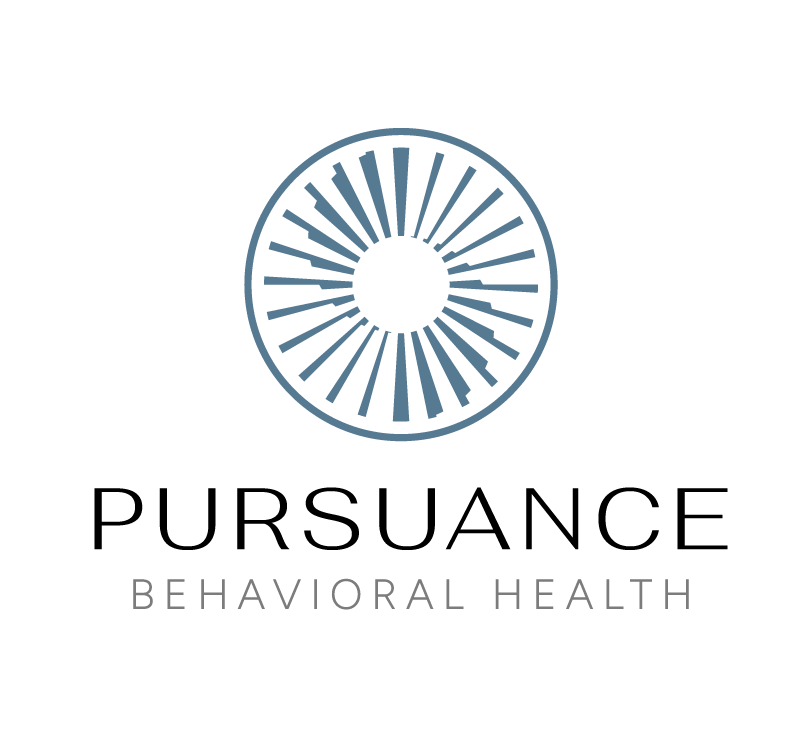Bipolar disorder, once known as manic-depressive illness, is a mental health condition characterized by extreme mood swings. These mood swings include emotional highs (mania or hypomania) and lows (depression). Understanding the signs of bipolar disorder and knowing when to seek treatment can make a significant difference in managing the condition effectively and improving your quality …
Bipolar disorder, once known as manic-depressive illness, is a mental health condition characterized by extreme mood swings. These mood swings include emotional highs (mania or hypomania) and lows (depression). Understanding the signs of bipolar disorder and knowing when to seek treatment can make a significant difference in managing the condition effectively and improving your quality of life.
Recognizing the Signs of Bipolar Disorder
Bipolar disorder is a mental health condition characterized by extreme shifts in mood, energy levels, and behavior. These changes go beyond normal mood swings and can significantly affect daily functioning, relationships, and overall quality of life. Recognizing the signs of bipolar disorder is essential for early diagnosis and effective treatment. The condition typically includes episodes of mania (or hypomania) and depression, each presenting with distinct symptoms.
During a manic episode, individuals may experience:
- Elevated or irritable mood
- Inflated self-esteem or grandiosity
- Decreased need for sleep
- Racing thoughts and rapid speech
- Impulsivity or risky behavior (e.g., excessive spending, reckless driving, or substance use)
- Increased goal-directed activity or restlessness
Depressive episodes often follow or precede manic episodes. During these periods, individuals may feel overwhelmingly sad or hopeless. Here are some signs of depressive episodes:
- Persistent Sadness: Feeling sad, empty, or hopeless for most of the day.
- Loss of Interest: Losing interest in activities previously enjoyed.
- Weight Changes: Significant weight loss or gain unrelated to dieting.
- Sleep Disturbance: Experiencing insomnia or sleeping too much.
- Fatigue: Feeling tired or having little energy.
- Thoughts of Death or Suicide: Having frequent thoughts of death, suicidal ideation, or attempting suicide.
The Impact on Daily Life That Bipolar Disorder Can Have on Individuals
Bipolar disorder can substantially impact daily life and relationships. The unpredictability of mood swings can lead to inconsistent behavior, affecting work, social interactions, and family life. For example, periods of high productivity during manic phases may be followed by periods of dysfunction and withdrawal during depressive phases, causing disruption in various aspects of life.
A National Institute of Mental Health study highlights that 2.8% of U.S. adults experienced bipolar disorder in the past year. Source.
When To Seek Professional Mental Health Treatment
Seeking treatment early can help manage bipolar disorder effectively and prevent the condition from worsening. If you notice signs of manic or depressive episodes that interfere with your daily life, relationships, or job performance, it’s crucial to consult a healthcare professional. In periods of crisis, particularly if you experience thoughts of self-harm or suicide, seeking immediate help is imperative. Mental health crises require prompt response to ensure safety and stability. If mood swings are persistent and regular, don’t ignore them. Frequent and severe symptoms suggest that the condition may require ongoing management through medication, therapy, or a combination of both.
Treatment Options For Bipolar Disorder
Bipolar disorder is a complex mental health condition marked by alternating episodes of mania and depression. Fortunately, there are effective treatment options that can help individuals manage their symptoms, achieve mood stability, and improve their overall quality of life. The foundation of treatment often begins with medication, which helps regulate brain chemistry and prevent extreme mood swings. Mood stabilizers like lithium, anticonvulsants such as valproate or lamotrigine, and atypical antipsychotics are commonly prescribed depending on the type and severity of the disorder. Finding the right medication may take time and requires close monitoring by a psychiatrist to manage side effects and ensure long-term stability.
In addition to medication, psychotherapy plays a crucial role in the treatment of bipolar disorder. Therapeutic approaches such as Cognitive Behavioral Therapy (CBT) help individuals identify negative thinking patterns and develop healthier coping strategies. Interpersonal and Social Rhythm Therapy (IPSRT) is particularly effective for those with bipolar disorder, as it focuses on maintaining consistent daily routines, which can prevent mood fluctuations. Family-focused therapy is also beneficial, offering education and communication tools for loved ones to better support the individual’s recovery process.
Lifestyle changes and daily self-care are essential components of a well-rounded treatment plan. Maintaining a regular sleep schedule, balanced nutrition, and a consistent routine helps to stabilize mood and reduce the likelihood of triggering episodes. Incorporating stress-reduction techniques such as mindfulness, yoga, or meditation can also be helpful. Avoiding alcohol and recreational drugs is strongly recommended, as these substances can interfere with medications and worsen symptoms. Many individuals find value in tracking their mood patterns and setting achievable personal goals to stay focused on their recovery.
For those experiencing severe symptoms or a mental health crisis, inpatient treatment may be necessary to provide intensive support and ensure safety. Partial hospitalization programs (PHP) and intensive outpatient programs (IOP) are structured treatment options that offer a high level of care while allowing individuals to live at home. These programs combine individual therapy, group counseling, medication management, and educational workshops to create a comprehensive treatment experience. With the right combination of medical care, therapy, and support, individuals living with bipolar disorder can lead stable, fulfilling lives.
Taking Action with Pursuance Behavioral’s Bipolar Disorder Treatment in Massachusetts
If you or a loved one are struggling with the signs of bipolar disorder, taking prompt action is crucial. At Pursuance Behavioral, our dedicated team of mental health professionals in Massachusetts is here to support you. We offer comprehensive mental health treatment programs designed to help you manage bipolar disorder and improve your quality of life.Take the first step towards stability and wellness. Contact Pursuance Behavioral today to learn more about our personalized mental health treatment programs and begin your journey to a brighter future.
By recognizing the signs of bipolar disorder and seeking timely treatment, you can take control of your mental health and lead a fulfilling life. Don’t wait—reach out to Pursuance Behavioral and find the support you need.













